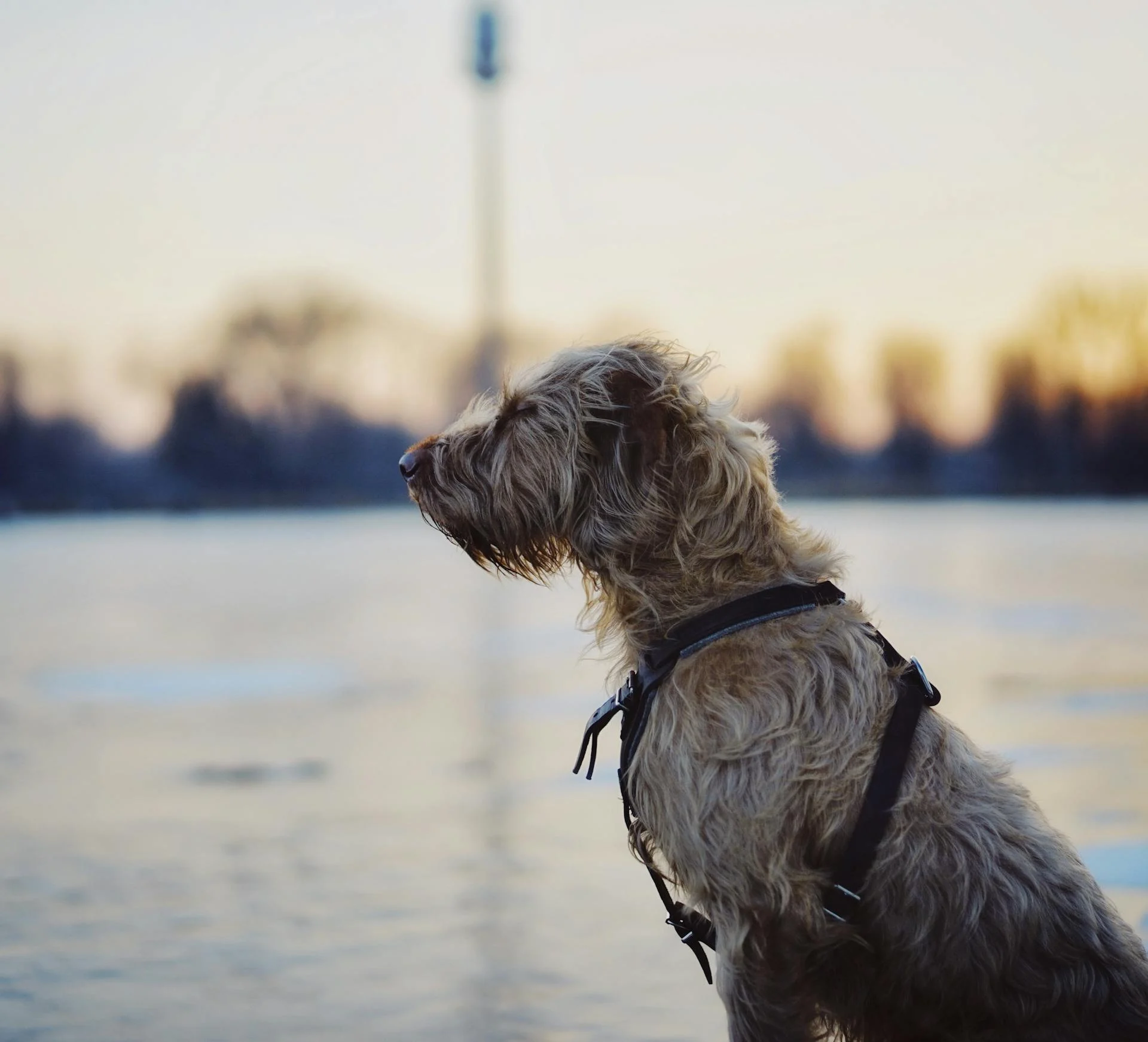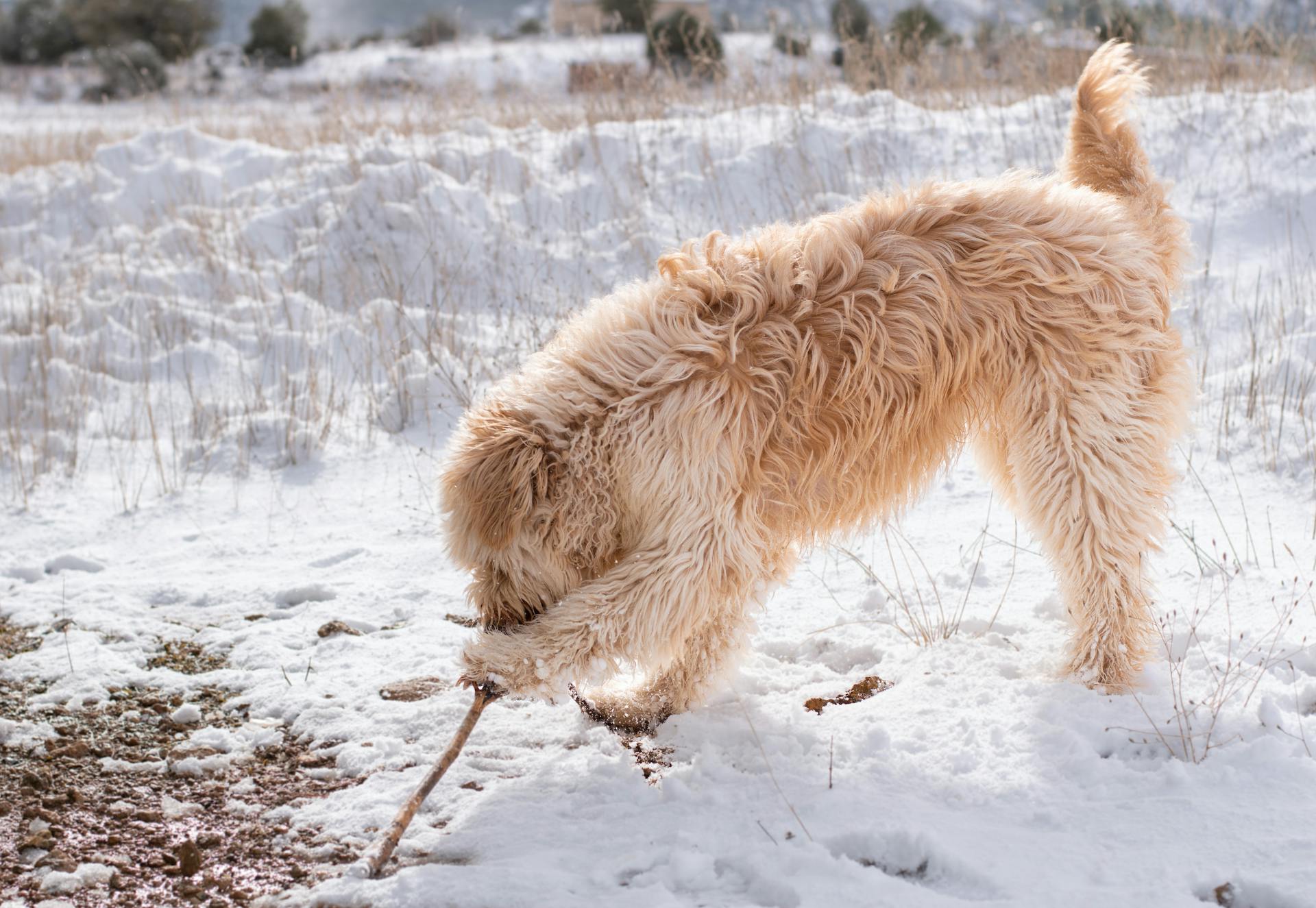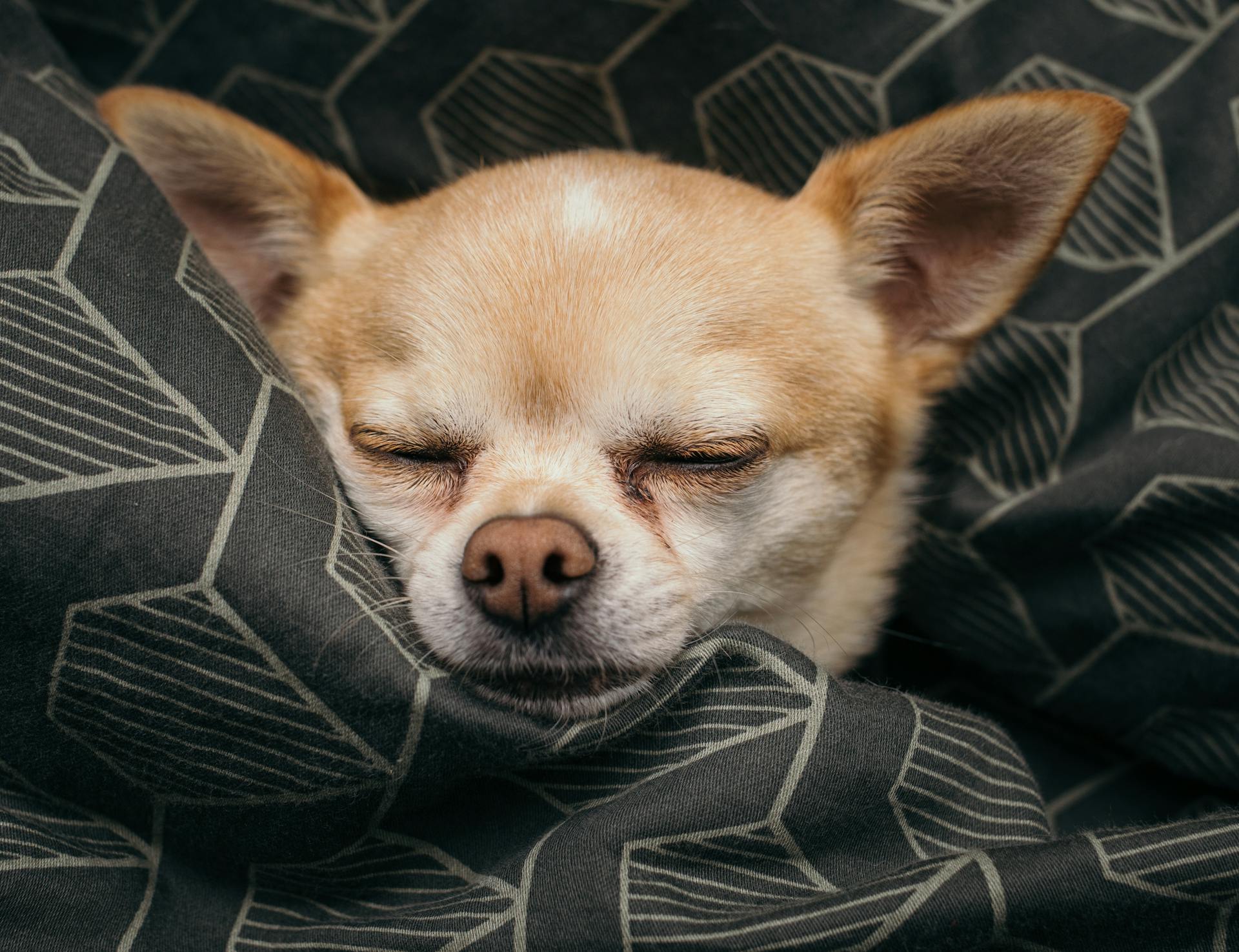
The Irish Wolfhound is a gentle giant with a heart of gold. They are known for being calm and quiet, making them a great companion for families and individuals alike.
Irish Wolfhounds are intelligent dogs that thrive on positive reinforcement training. This means they respond well to rewards-based learning and can learn quickly when motivated by treats and praise.
As a large breed dog, Irish Wolfhounds require regular exercise to stay happy and healthy. A daily walk or playtime in the yard is essential for keeping them physically and mentally stimulated.
Irish Wolfhound Temperament
Irish Wolfhounds are kind and loving dogs that make great companions. They are loyal friends, often described as being similar to Chewbacca from Star Wars.
These gentle giants have a strong hunting instinct, which means they might get distracted by squirrels or other small animals while on a walk. Their sighthound instincts can sometimes lead them to prioritize napping or counter surfing over interacting with you.
Despite their size, Irish Wolfhounds are athletic and love to run - but they're also happy to spend the day lounging on the couch if you let them. They can adapt to life with other household pets, although some may be less trustworthy around cats due to their hunting instinct.
Irish Wolfhounds generally get along well with children, especially older ones, since they're large dogs that might accidentally knock a small child over while playing.
Caring for Your Irish Wolfhound
Irish wolfhounds need plenty of exercise and love, with daily walks and attention being essential for their well-being.
They thrive best when given lots of affection from their owners, so be prepared to shower them with love. A well-trained adult wolfhound may enjoy being petted and scratched behind the ears.
Due to their size, Irish wolfhounds require a lot of space to move freely without bumping into things, making them unsuitable for small living spaces.
History and Origins
The Irish Wolfhound has a rich history that spans over 2,000 years, with evidence of their existence dating back to ancient Ireland.
These majestic dogs were first bred by the Celts as guard dogs and hunting companions, specifically for catching wolves and other large game. The name "Irish Wolfhound" is derived from the Irish word "cú", meaning wolf, and "brach", meaning ruff or beard.
As a breed, Irish Wolfhounds have been favored by royalty throughout history, with Queen Elizabeth I being particularly fond of them. In fact, she kept an entire pack of Irish Wolfhounds at her palace in London.
The first written records of the breed date back to 300 BC, when they were mentioned in ancient Celtic literature as fierce and loyal companions. Despite their impressive size, Irish Wolfhounds are known for being gentle giants with a calm and affectionate nature.
Their distinctive physical characteristics, including their long legs and deep chest, made them well-suited for hunting and working outdoors. As a result, Irish Wolfhounds have been used for centuries as guard dogs and companions on farms and estates throughout Ireland.
Consider reading: Boxer Dog Behaviour
Health Considerations
Irish Wolfhounds are prone to hip dysplasia and elbow issues due to their large size and joint structure.
Their deep chest can also lead to bloat, a life-threatening condition that requires immediate veterinary attention. Regular exercise and monitoring of eating habits can help prevent this issue.
As with any breed, Irish Wolfhounds have specific dietary needs, particularly in terms of protein intake. They require high-quality dog food rich in protein to maintain their muscle mass.
Their short coats are relatively easy to groom, but they do shed heavily, especially during seasonal changes. Regular brushing and nail trimming can help keep them looking their best.
Irish Wolfhounds have a deep bark and can be quite vocal, which may not be suitable for apartment living or households with noise restrictions.
Grooming and Exercise Needs
Irish Wolfhounds need lots of exercise and love. They thrive best with daily walks and plenty of attention.
Their size requires a lot of space to move freely without bumping into things. You'll want to make sure they have room to stretch out and not feel cramped.
Young Irish Wolfhound puppies should never be handled roughly, so it's essential to handle them gently from the start. A well-trained adult wolfhound may enjoy being petted and scratched behind the ears.
Training and Behavior
Training an Irish Wolfhound is a big job, but with consistency and positive reinforcement, they can learn to be great companions.
Irish Wolfhounds are smart dogs, but without training, their independence may get the best of them. They need to learn commands like sit, stay, come, and how to walk nicely on a leash. Consistent obedience training is key to preventing mischief.
You'll want to start training early, ideally with a 60-pound puppy that's still small enough to control easily. As they grow, their size can make training more challenging, so it's essential to be patient and consistent.
Socialization is also crucial for Irish Wolfhounds. Exposing them to new people, situations, and other animals while they're young will help them become confident and calm in new experiences. Regular short outings with positive interactions are a great way to socialize your puppy.
Irish Wolfhounds can be slow to mature, so training for specific sports like agility should begin when they're at least 18 months old. This allows you to build on their foundation of obedience training and socialization.
On a similar theme: Irish Setter Training
Frequently Asked Questions
Is an Irish Wolfhound a good family dog?
Yes, Irish Wolfhounds are well-suited for families due to their loyal and affectionate nature. They thrive on human companionship and enjoy being around family members.
Are Irish Wolfhounds the tallest dog?
Yes, Irish Wolfhounds are indeed the tallest dog breed. They stand out with their impressive height among all other breeds.
Is an Irish Wolfhound a protective dog?
Irish Wolfhounds are not typically protective dogs, but they may defend their pack if necessary. Their size alone can be intimidating enough to deter potential threats.
Do Irish Wolfhounds bark much?
Irish Wolfhounds are not typically big barkers, but their barking habits depend on training, socialization, and individual personality. With proper care, they can be a relatively quiet companion.
Do female Irish Wolfhounds live longer?
Female Irish Wolfhounds tend to live longer than males, with a reported average lifespan difference of about 6 months. Research suggests that females outlive males in this breed.
Featured Images: pexels.com


